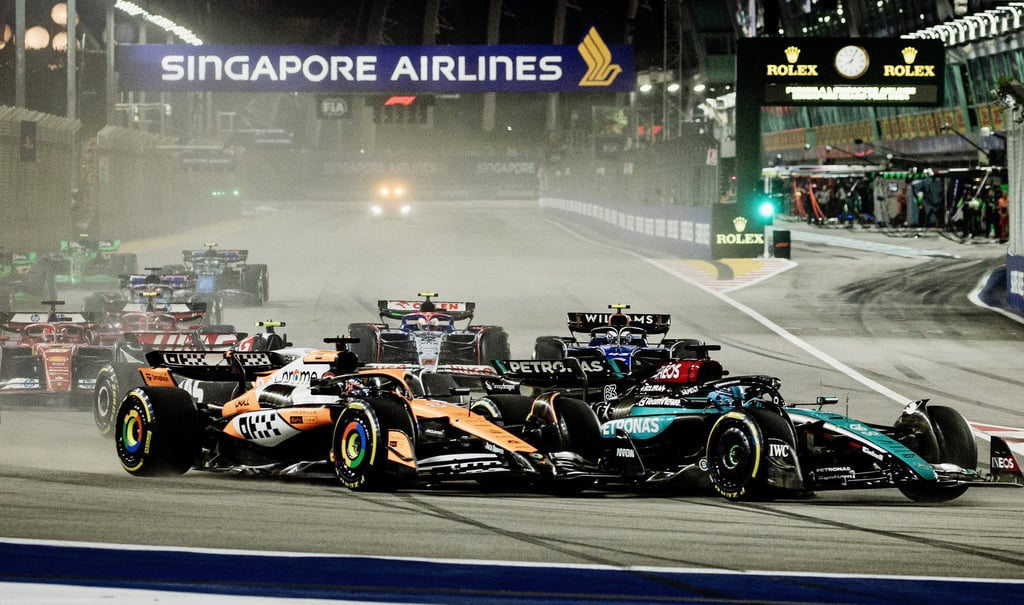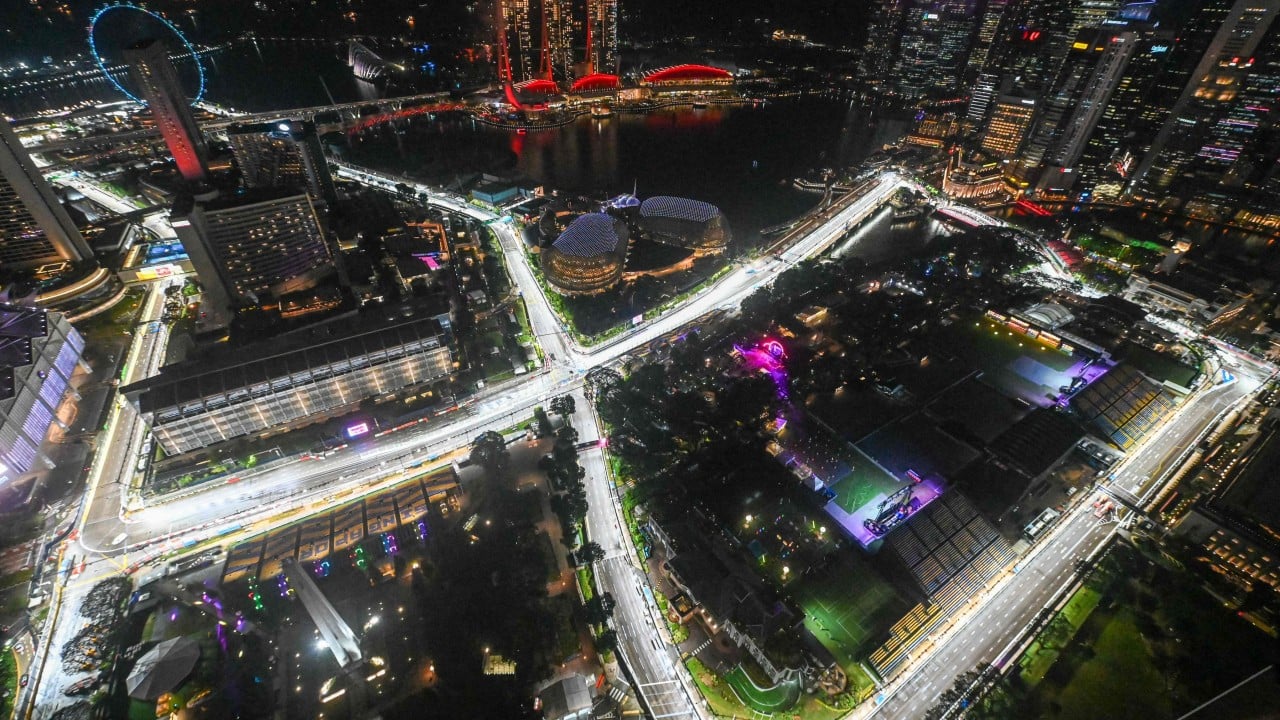As Singapore welcomes the return of the Formula One Grand Prix from Friday to Sunday, with road closures downtown and shopping centres brimming with fans hoping to catch a glimpse of their favourite drivers, the high-octane buzz is once again in full swing.
Advertisement
Now in its 16th year, F1’s inaugural night race has become one of the city state’s flagship international events. But with each edition costing more than S$100 million (US$78 million), the economic payoff is increasingly being viewed through a wider lens – particularly as Singapore faces rising living costs and demographic shifts.
Government officials and analysts say the event continues to deliver substantial returns in terms of tourism receipts, global branding and local business opportunities. Yet there are also more tempered views emerging, particularly among small businesses and residents, about whether the race’s benefits are evenly spread out or as impactful as they once were.
In 2022, Trade Minister Gan Kim Yong said the cost of hosting the race under the current seven-year deal – which expires in 2028 – would range between S$135 million and S$140 million annually, with the government co-funding up to 60 per cent of approved costs.

Lilian Chee, director of sports at the Singapore Tourism Board, told This Week in Asia that since its debut in 2008, the Formula 1 Singapore Grand Prix had attracted more than 720,000 international visitors and generated over S$2.2 billion in incremental tourism receipts across industries including hospitality, F&B, attractions and retail.
Advertisement
More than 700 Singapore-based companies are also subcontracted annually for the race, with local businesses involved in the race preparations and operations also reaping economic benefits.

